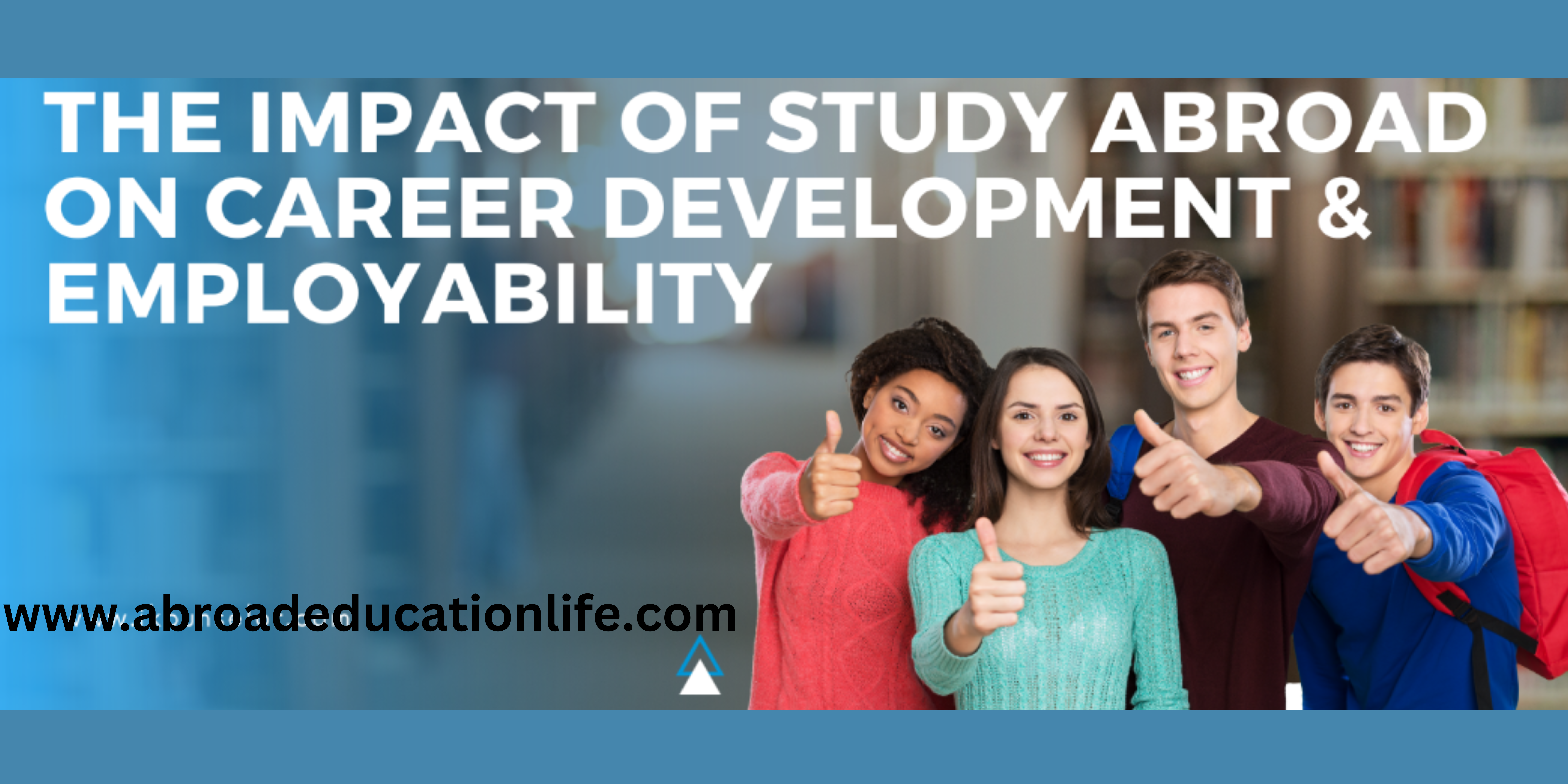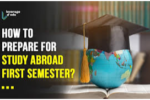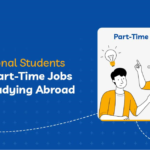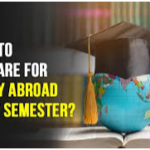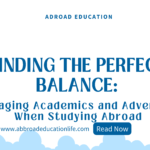The Impact of Studying Abroad on Your Future Career: Building a Global Resume
I believe that today when the world is so interconnected, international experience means more than ever before. Studying abroad means much more than just a change in scenery; it creates the opportunity to increase your hiring value with an international resume that puts a sparkle in the eyes of employers. This blog post will look at how studying abroad can impact your future career and give some insights into the advantages of international experience, as well as practical tips for using your global education.
1. Developing a Global Perspective
A. Intercultural Understanding
The greatest of the advantages, which one can easily accrue from studying in foreign locations, is the exposure to a host of different cultures. Going to a new place and location provides the opportunity for developing an understanding and appropriating the same when it comes to the international scene. Companies are always on the lookout for personnel who can make better integrations and understand cultural diversity within a better ambiance. This will make you a preferred candidate, who can negotiate and bring differences of the cultures into a common frame of etiquette and action.
B. Develop More Effective Intercultural Communication Skills
Conduct your international business relationships and your collaborative relationships within international environments effectively through intercultural communication. By studying abroad, you get the chance to develop your communication skills with people from diverse backgrounds, which in turn increases your interpersonal skills and, therefore, adaptability. Such skills in cross-cultural communication will come in very handy, especially with professions that have international teams or clients.
Building a Unique Skill Set
A. Acquiring Adaptability and Problem-Solving Skills
Learning in a foreign land develops flexibility and resilience. Having to get over hard times of breaking the language barrier, dealing with a new education system, and coping with cultural and social values enriches a person in problem-solving and flexibility – characteristics employed value the most in an individual to work in the dynamic and quick-moving business scenario.
B. International Academic and Professional Knowledge
Studying abroad often comes with exposure to various educational approaches and specialized programs that might not be offered in your home country, which may enhance your knowledge base and provide you with unique skills and insights relevant to your area of study. Specialized courses, international internships, and research projects can further enrich your academic and professional profile.
3. Expanding Your Professional Network
A. Building Global Connections
Studying abroad will help you create an international network of contacts, from professors and classmates to key people in the business world, with whom you can have your first career base in new territories when you are searching for a job, internship opportunity, or else collaboration. The relationships developed with these contacts should be nurtured and grown as one’s career progresses.
B. International Internships
Many study abroad programs offer opportunities for internships or work placements, which may be done within foreign companies. Practical job experience in an international setting speaks volumes about your résumé and also integrates hands-on awareness of global business practices and industry standards. This experience can be a significant plus when applying for jobs in competitive fields.
4. Enhancing Your Resume and Job Prospects
A. Showing International Experience
Adding your study abroad experience to your resume shows that you are alert to the world and can take risks outside of your comfort zone. Be sure to articulate specific skills developed, such as language proficiency, cultural competency, and academic successes, as these clearly show how your global experience is an asset to a prospective employer.
B. Staying Competitive in the Job Market
In a competitive job market, studying abroad can help you stand out from other equally qualified candidates. Employers tend to view this type of international experience as a sign of ambition, flexibility, and independence. Illustrate how your international education can help you address some of the challenges and capitalize on the many opportunities in today’s workplace.
5. How to Use Your Study Abroad Experience in Interviews
A. Describing Your Global Skills
Be prepared to talk about how your study abroad experience helped improve you as an individual and as a professional. Share concrete examples of your time abroad when you were working through cultural differences, solving a sticky problem, or just trying to figure out the bathroom. The more that you can tie your international experience directly to your ability to have learned or have grown in your career, the more impact that it has on the interviewer.
B. Relating Experience to Job Requirements
Adapt your discussion of study abroad to the specific job for which you are applying. Identify knowledge and skills learned in your international experiences that are directly applicable to a specific job. For instance, if a job is involved in international marketing, then one might stress the knowledge gained regarding the international market and consumer behavior.
6. Valuing Lifelong Learning and Personal Growth
A. Continuing Education and Professional Development
Studying abroad is one of many learning experiences and professional development opportunities in a lifetime. Continuing education, certifications, or international conferences are a few reasons why one would again seek opportunities to grow. Following global trends and developments in your field will highlight some superb career prospects that further enhance your competitiveness.
B. Reflection on Your Experience
Consider how studying abroad has shaped your career aspirations and goals—and how to better reflect on that in your mind. Being fully aware of how one’s international experience has an impact on one’s career development, will provide insights on making wise decisions on subsequent opportunities and one’s career development activities.
CONCLUSION
In conclusion,” study abroad is probably one of the ways to create an international résumé of influence on a future career. By being more of a global-minded person, by adding an edge with unique skills, contacts, and résumé experience, you place yourself in an incredibly competitive job market. Use the international experience as a demonstration of adaptability, cultural awareness, and global competencies to a potential employer. As you continue down the path of your occupational development, remember that studying abroad has benefits that will last not only the period you will be here but you’ll reap the dividends in career and personal growth for many years to come.

